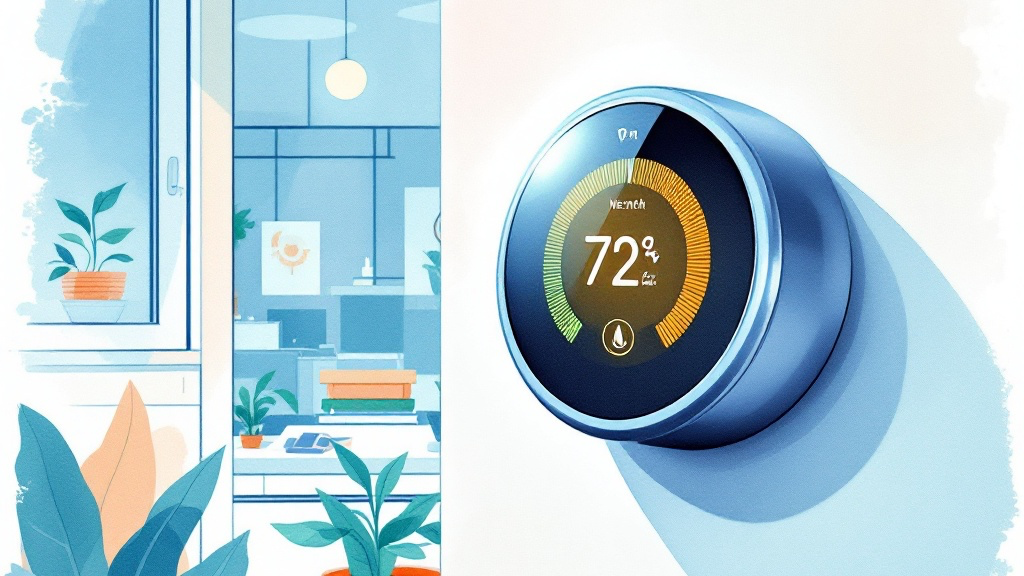Smart heating systems have revolutionised how we think about building temperature control. Gone are the days of simple on/off switches and basic temperature settings.
Today’s smart heating systems offer sophisticated control systems that learn from usage patterns, adapt to occupancy, and integrate with broader building management systems.
As energy costs continue to rise and sustainability becomes increasingly important, these systems are becoming essential rather than optional in modern commercial buildings.
But we must also treat these with the cybersecurity respect they deserve.
A notable example of this is the Ukrainian heating utility Attack (January 2024): Russia-linked hackers deployed malware, dubbed “FrostyGoop,” to disrupt heating services in Lviv, Ukraine, affecting 600 buildings during freezing temperatures. The attack exploited vulnerabilities in smart heating systems, marking a significant instance of cyber sabotage against such infrastructure.
However, smart heating systems offer tremendous benefits, to both tenants and landlords but only when properly secured. Let’s firstly explore the benefits, then look at detail of how we secure them, and give landlords the questions needed to make sure they are on top of them.
Key Benefits For Landlords:
1. Tenant Attraction and Retention
Lower operating costs for tenants directly translate to higher occupancy rates and longer tenancies, significantly improving ROI.
• Reduced void periods
• Longer tenant commitments
• Higher tenant satisfaction scores
2. Operational Excellence
These systems provide unprecedented control and insight into building operations, leading to more efficient management.
• Real-time monitoring and adjustments
• Predictive maintenance alerts
• Reduced operational costs
3. Sustainability Goals
Smart heating systems help meet increasingly stringent environmental regulations while demonstrating environmental commitment.
• Reduced carbon footprint
• Better ESG reporting
• Green building certification support
Key Benefits For Tenants:
1. Cost Reduction
The direct impact on energy bills makes smart heating systems an attractive feature for tenants.
• Lower energy bills
• Reduced service charges
• Predictable operating costs
2. Comfort Control
Tenants gain unprecedented control over their environment.
• Customizable temperature zones
• Mobile app control
• Automated comfort settings
3. Productivity Benefits
Optimal temperature control leads to improved workplace conditions.
• Better employee comfort
• Increased productivity
• Reduced sick building syndrome
Security Considerations:
Below I have broken down the questions to ask smart heating system providers, with simple explanations to why and what each mean.
1. Network Integration
What to Ask Your Provider: How is the system integrated into our building’s network infrastructure?
Why It Matters: Poor network integration can create vulnerabilities that affect the entire building system.
How It Should Be Done: Implementation should include proper network segmentation and security protocols.
Simply Put: Think of it as having a separate, secure path for your most valuable assets.
2. Access Control
What to Ask Your Provider: What authentication methods are used for system access?
Why It Matters: Weak access controls can allow unauthorized users to manipulate building temperatures.
How It Should Be Done: Multi-factor authentication and role-based access control should be standard.
Simply Put: It’s like having different keys for different levels of access to your building.
3. Data Protection
What to Ask Your Provider: How is temperature and usage data protected?
Why It Matters: Temperature data can reveal occupancy patterns and sensitive operational information.
How It Should Be Done: End-to-end encryption and secure data storage should be implemented.
Simply Put: Would you like someone to know exactly when your family are coming and going from your house? Same for your commercial properties.
4. Update Management
What to Ask Your Provider: How are security updates handled and how do you ensure your systems are security holes are identified, then plugged?
Why It Matters: Outdated software can contain vulnerabilities that hackers can exploit.
How It Should Be Done: Regular, automated updates with minimal system disruption.
Simply Put: if the locking system on your car was broken or easily bypassed, you would have it fixed right? This is what software updates also fix.
5. Incident Response
What to Ask Your Provider: What’s your response plan for security breaches?
Why It Matters: Quick response to security incidents can minimize damage and disruption.
How It Should Be Done: 24/7 monitoring with clear incident response procedures.
Simply Put: It’s like having a security team ready to respond at a moment’s notice.
Conclusion:
Smart heating systems represent a significant opportunity for both landlords and tenants to reduce costs and improve building efficiency. However, as the MGM Resorts incident demonstrates, security must be a fundamental consideration rather than an afterthought. By asking the right questions and implementing proper security measures, buildings can safely harness the benefits of smart heating control while protecting against cyber threats.
Final Thought: Smart Heating Can Mean Lower Cost, More Control, But Still Secure.
Securing your smart heating systems doesn’t have to be overwhelming. By asking the right questions and ensuring your provider follows these best practices, you’ll maintain both building efficiency and security.
As we’ve seen in our previous spotlights on smart lighting and access control systems, security responsibility often spans multiple providers—from your heating system installers to network teams and building management system providers. The MGM Resorts incident serves as a stark reminder of why this comprehensive approach to security is crucial.
At interAll, we take care of the ISP and network security with our interConnect solution, while working directly with your smart heating system providers to ensure all security measures are properly implemented. This allows you to focus on managing your building while we ensuring your heating systems remain both efficient and secure.
Next Week: We’ll be exploring Smart CCTV Systems 📹—how to maintain surveillance effectiveness while protecting against cyber vulnerabilities.











